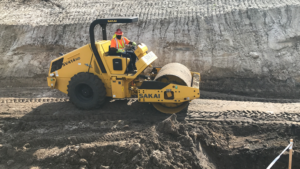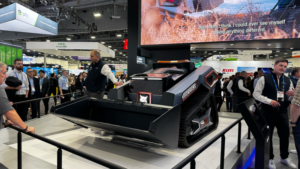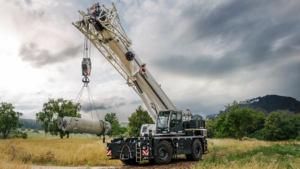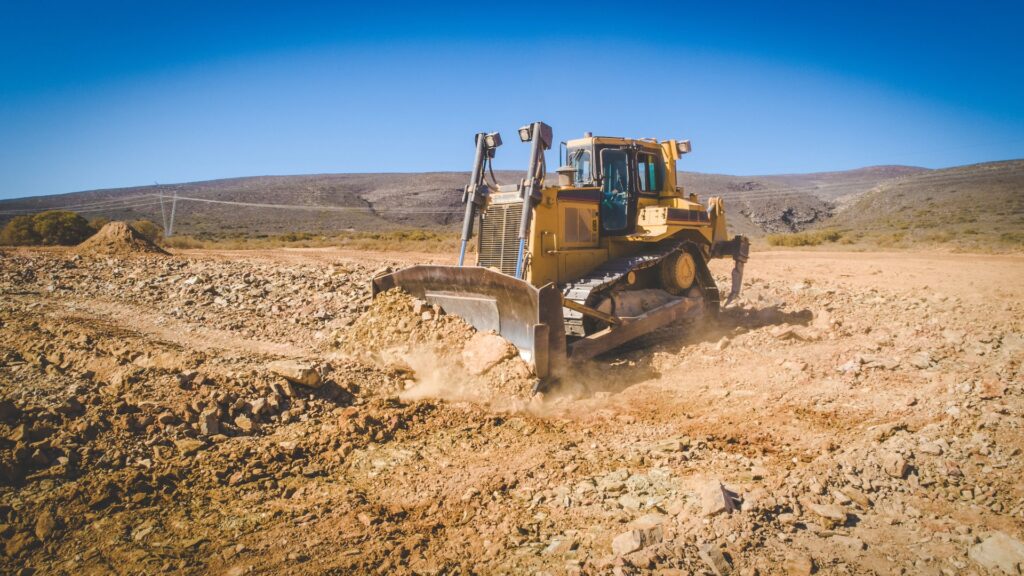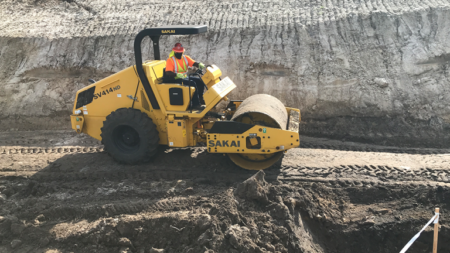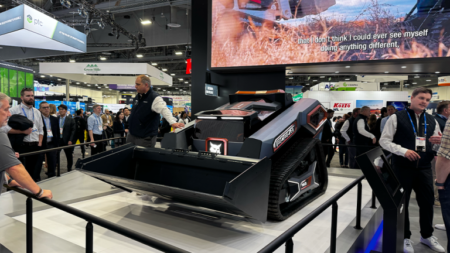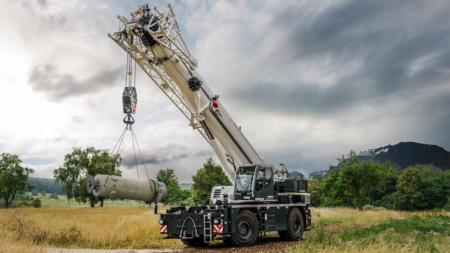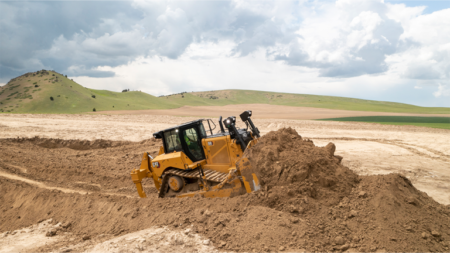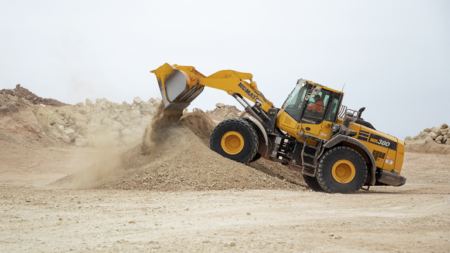It’s essential for workforces in construction, agriculture and forestry to find a balance between customized equipment and market-standard machinery. This raises the question of whether it is always preferable to opt for one over the other. Some factors need to be considered when making this choice, such as project goals, budget or equipment’s compatibility with innovative solutions. Discover how to make this decision regardless of sector to weigh the pros and cons decisively.
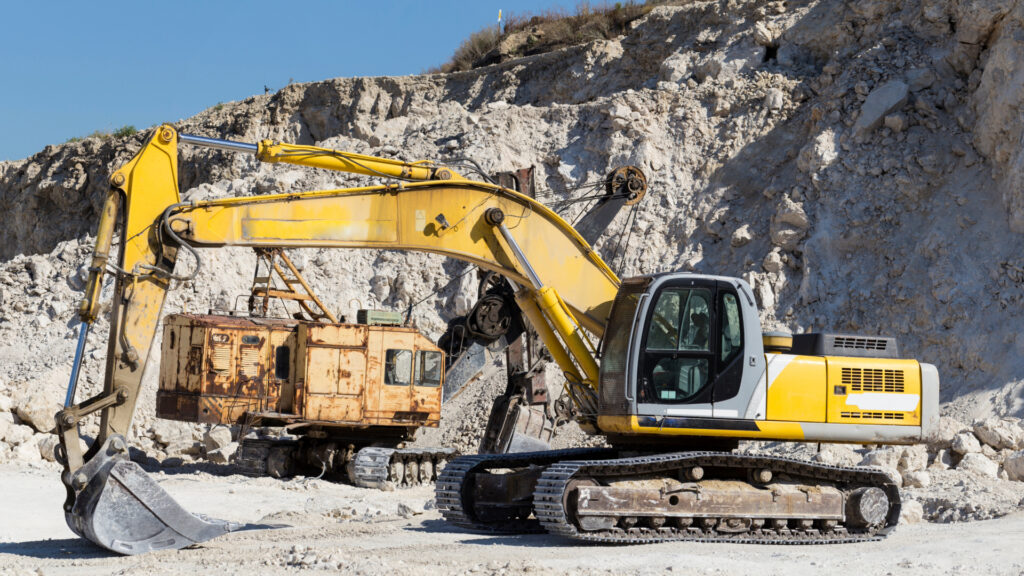
Knowing the Company’s Needs and Budget
Companies’ decisions are limited by their project scopes and financial constraints. A construction business that wants to promise completely customizable operations may have too lofty a goal. Whether civil engineering or urban architecture, every job must start by identifying the organization’s goals, needs and budget.
For example, the terrain of a projected build may be rockier than what the company is acclimated to. Begin with market research to see how competitors execute similar projects, taking notes about their machinery. Did they rent standardized, heavy-duty bulldozers or special order a unique machine to own?
Finances may be the only factor impacting decisions, especially regarding maintenance. According to a report by H.O. Penn, rebuilding heavy equipment could cost 60% of its market rate, while repairing custom instruments varies drastically depending on the manufacturer. However, profit may increase by expanding what equipment is accessible regularly. Soon, an organization could have a long list of projects fit for their new machine.
Knowing the company’s needs also identifies which of these specs matter in the long and short term, including:
- Durability
- Repairability
- Modularity
- Fuel use
- Versatility
- Financing options
Verifying the ESG Qualities of Machines
After considering equipment practicality, construction companies may choose custom or standard machines based on how they align with environmental, social and governance values.
Standardized equipment may have environmental perks. It could be more likely to have the latest technology to comply with eco-friendly standards. However, custom machinery could incorporate mechanics that are not mass-market viable yet. Numerous agencies have guidelines for judging an energy-efficient machine, and the metrics for electric equipment change every year.
Accessibility and safety are the most essential qualities for heavy machinery when considering social objectives. Custom equipment may not be as safe or include modern access controls because the team behind it may not have as many checks and balances. However, a custom peripheral may be necessary to overcome oversights in standard heavy equipment to support employees with varying needs and abilities. Are e-stops or handrails in easy-to-reach places?
When it comes to governance, companies should expand training opportunities to certify operators. This may not be possible for customized machines, whereas the educational resources for standardized equipment are widely accessible.
Exploring Innovations
A custom item may seem like it is from 10 years in the future compared to what is available at stores. Choosing custom or standardized equipment may come down to how compatible it is with useful, profitable innovations, such as:
- The Internet of Things
- Advanced GPS
- Telematics
- Remote monitoring and control
- Artificial intelligence and predictive maintenance
- RFID
- 3D printing
- Drones
Imagine grading blades that automatically calibrate to a slope without manual input. Consider a trencher with integrating geofencing potential that would know immediately if it unintentionally crossed the project’s boundary.
A custom item is tailored to the corporation’s specifications, giving clients greater peace of mind that their next-gen thinking will deliver better work.
Alternatively, typical machinery has faster deployment, and what if a client cannot wait for the long lead times of a special tool, even with innovations? The industry support of bog-standard equipment may not have the bells and whistles of customized procedures, but it is reliable and easy to maintain.
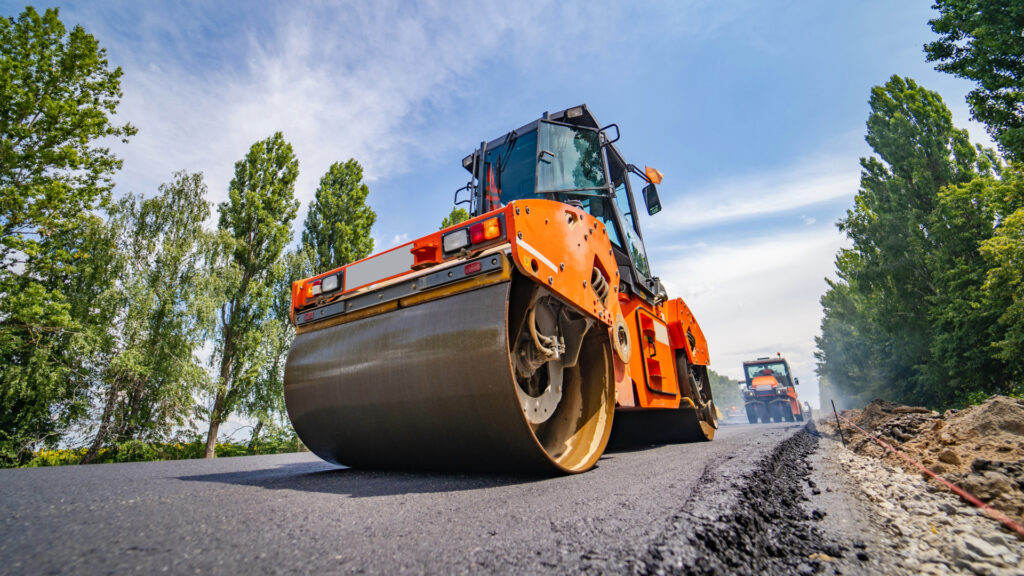
Custom or Market-Friendly?
Any industry using heavy equipment battles this quandary frequently, primarily because competitive advantages are associated with high-quality tools. Workers may get an invaluable auger, rake, forklift or mulcher from a tenured retailer with 50 years in the business.
An equally trustworthy yet personalized item that expands business verticals could be shipped from a machinery startup. Each situation has its advantages and disadvantages, and every company will likely have a mixture in its roster. It is a matter of choosing which impacts the job most.
Read the full article here

